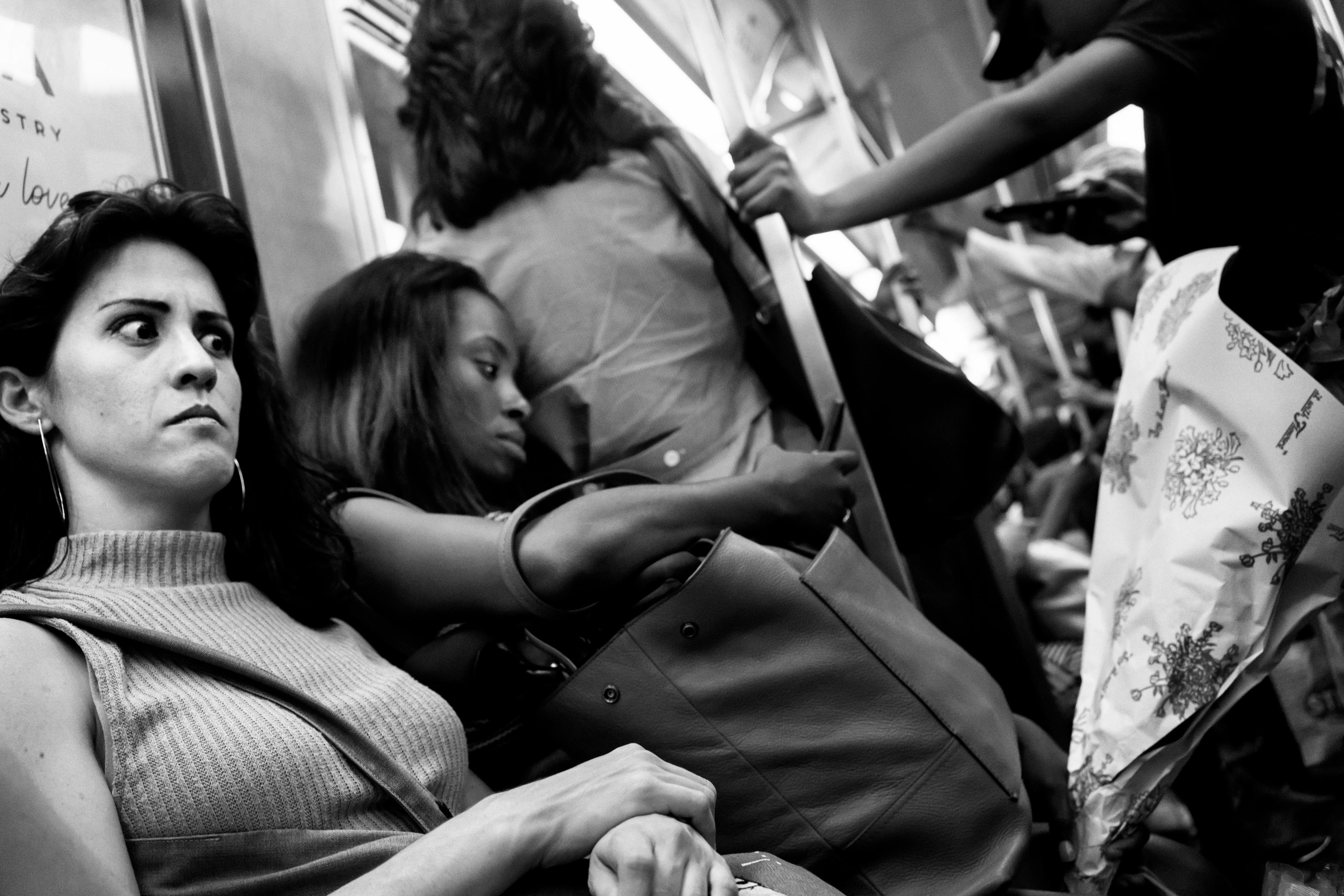
How to tolerate annoying things
Hassles are part of life, but the way we react often makes them worse. ACT skills can help you handle them with greater ease
by Patricia E Zurita Ona

Hassles are part of life, but the way we react often makes them worse. ACT skills can help you handle them with greater ease
by Patricia E Zurita Ona
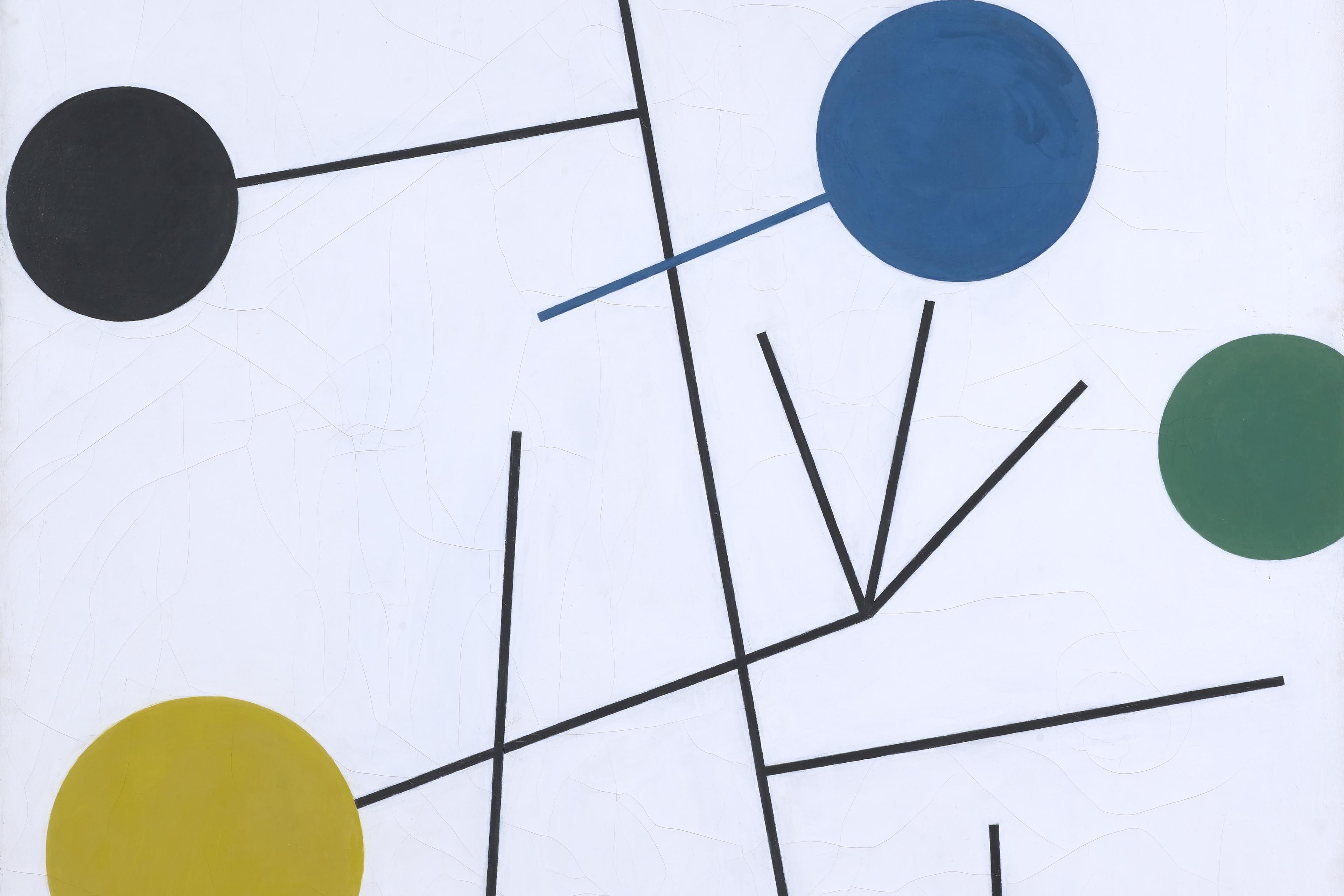
Let Descartes, Kant and other philosophers help you view the world through a more positive filter and you’ll bloom
by Rebecca Roache
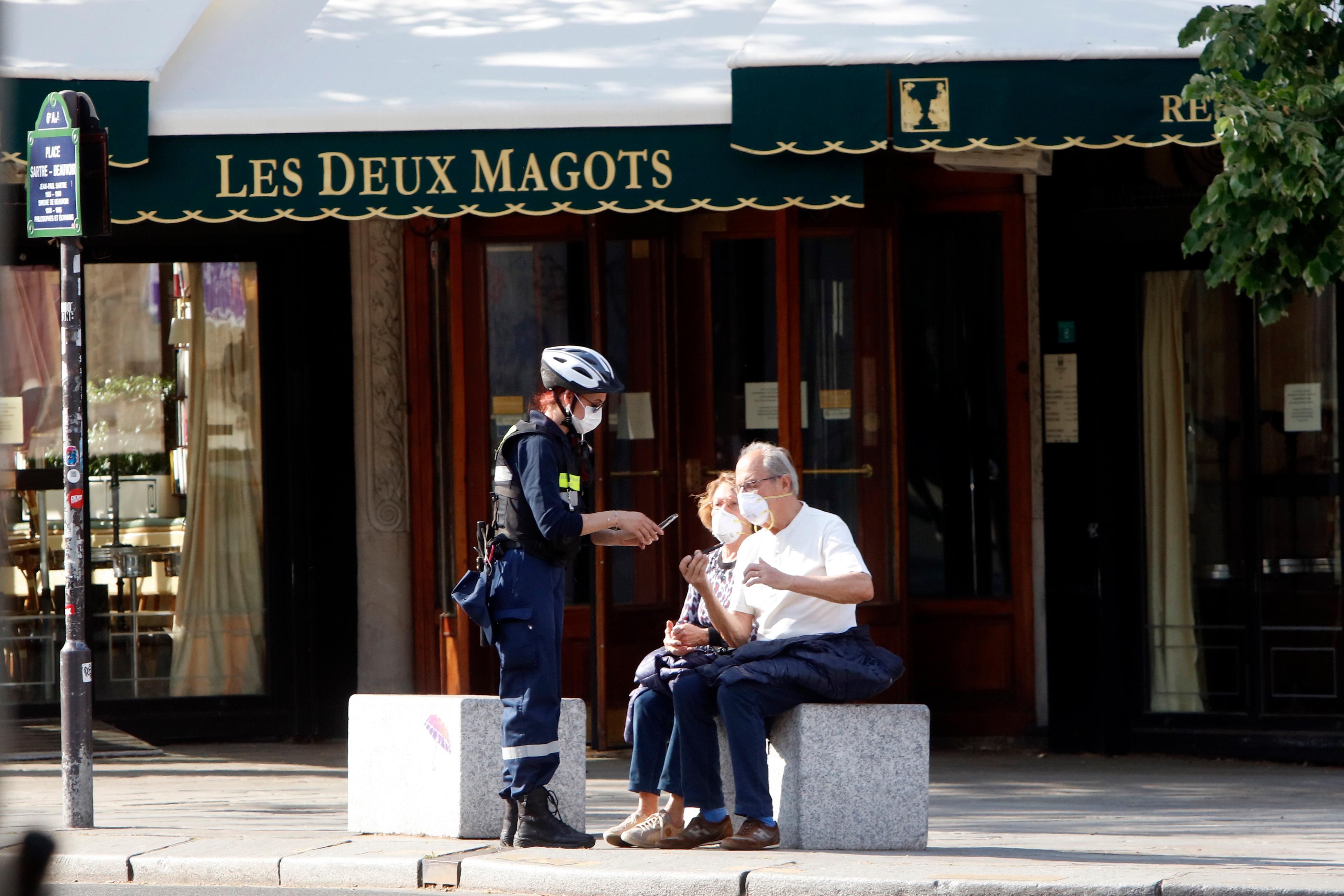
What the Nazi occupation was for Sartre, the COVID-19 pandemic is for us: an opportunity to relearn what it means to be free
by Julian Baggini
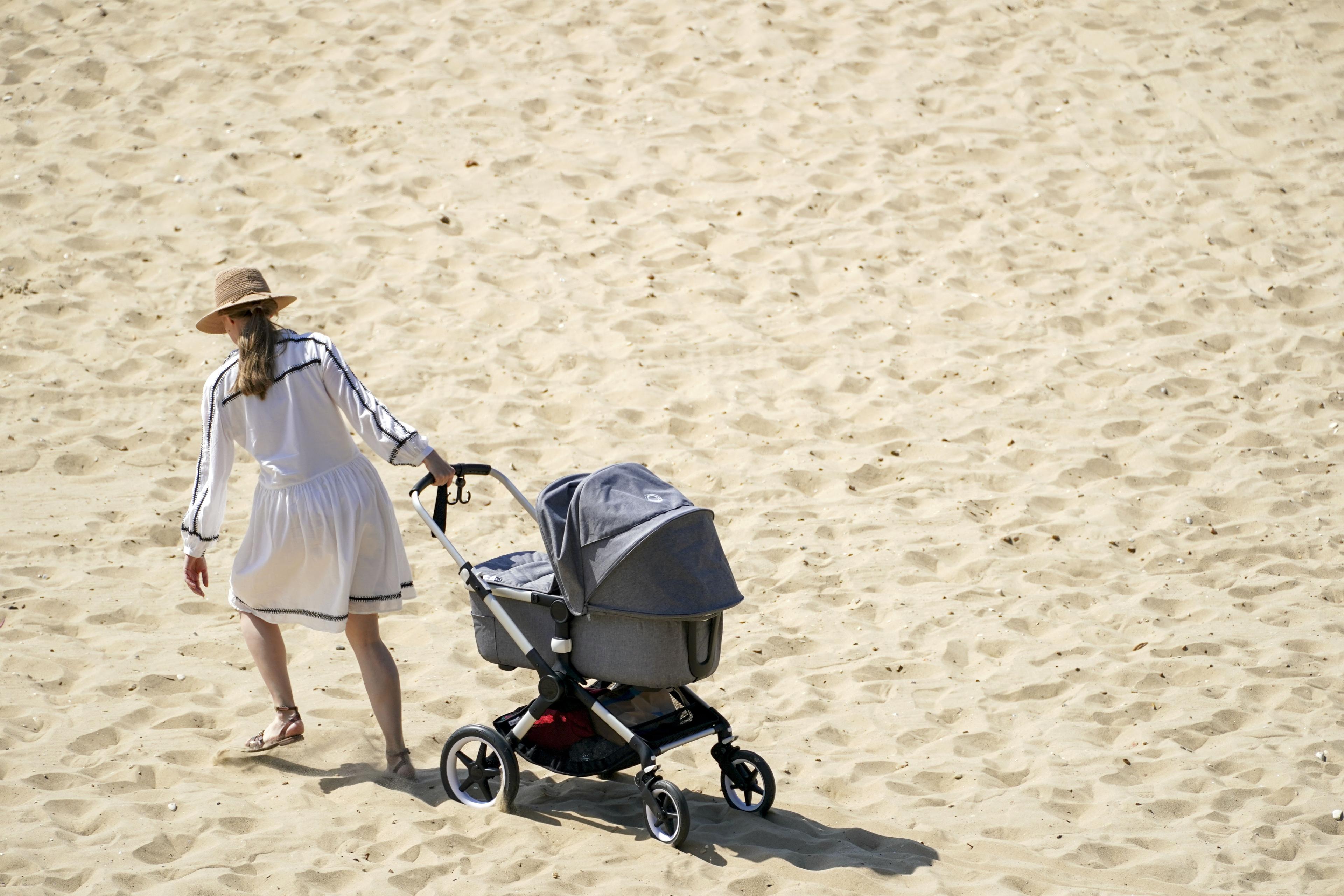
Set aside everyone else’s preconceptions. Then try doing these counterintuitive exercises to understand your own desires
by Ann Davidman

To better face an imperfect world, try a deeper reflection on the things, people and legacies that make your life possible
by Avram Alpert
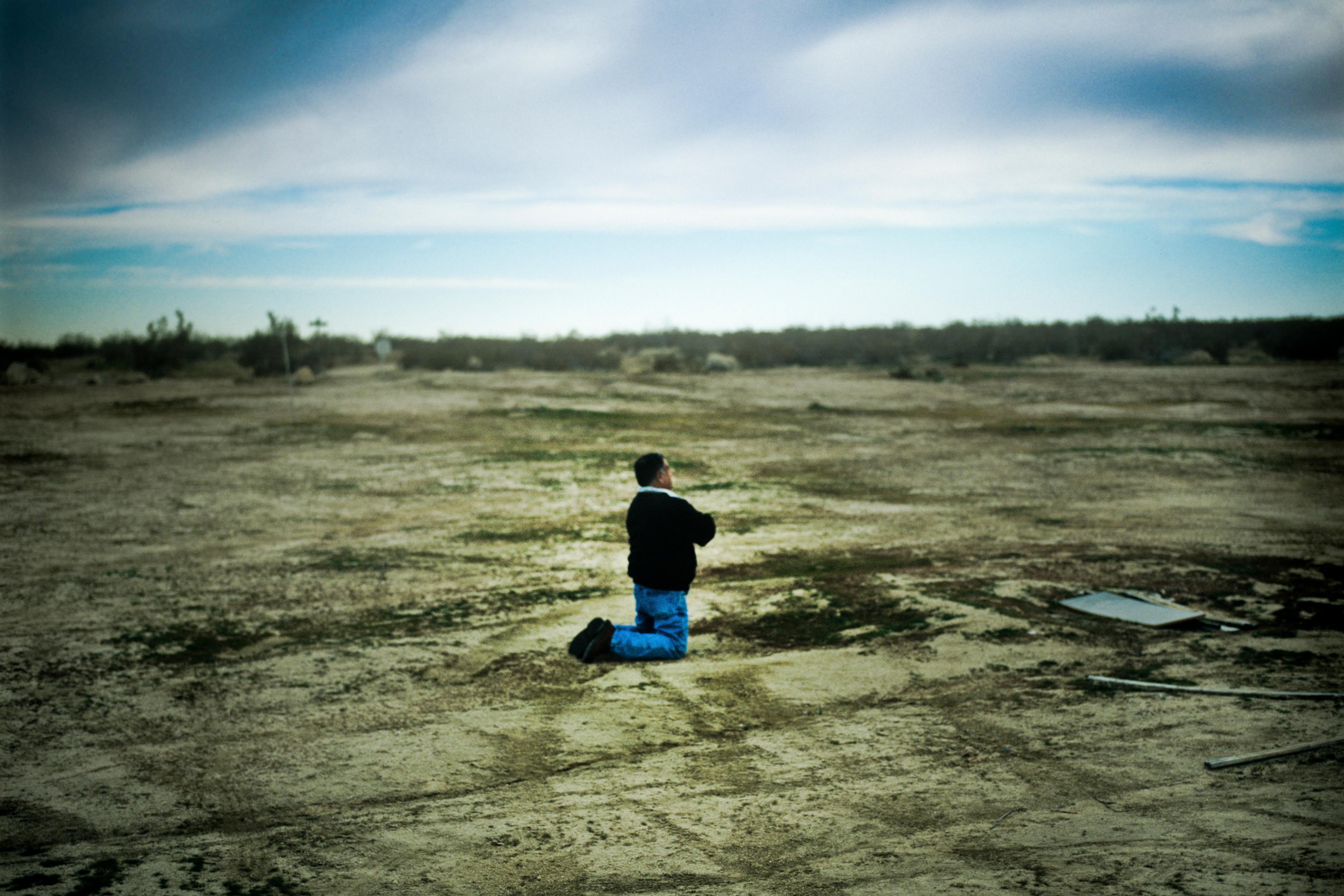
Religious faith promotes a sense of meaning in life – and it might take more than ‘social glue’ to duplicate the effect
by Michael M Prinzing

Prior research has focused on the negative reasons people are drawn to conspiracies, but there’s another side to the story
by Jan-Willem van Prooijen

Feeling overwhelmed by the present moment? Find a connection to the longer view and a wiser perspective on what matters
by Richard Fisher
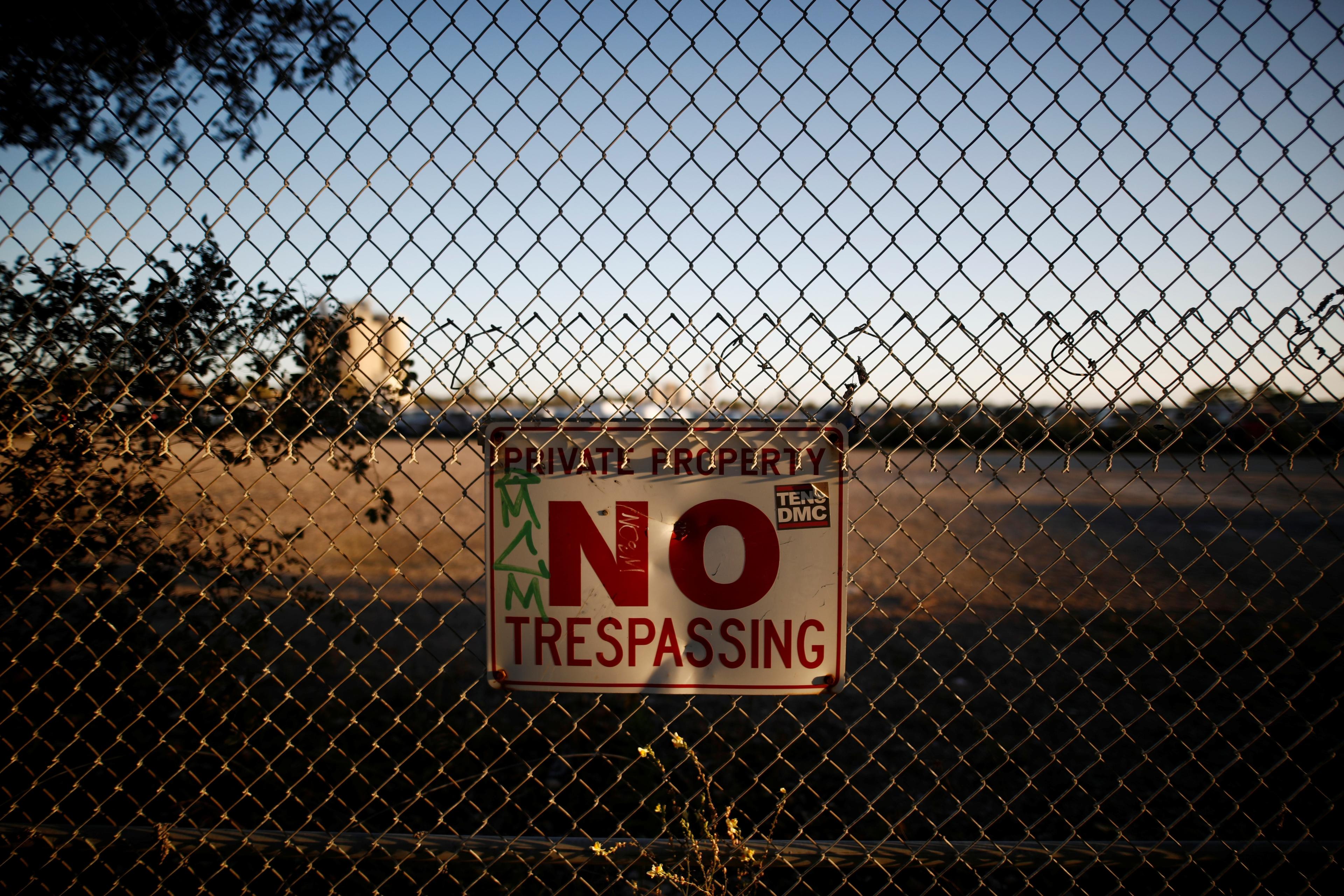
Personality traits such as agreeableness and openness to experience can help explain differences in moral judgment
by Luke D Smillie & Milan Andrejević
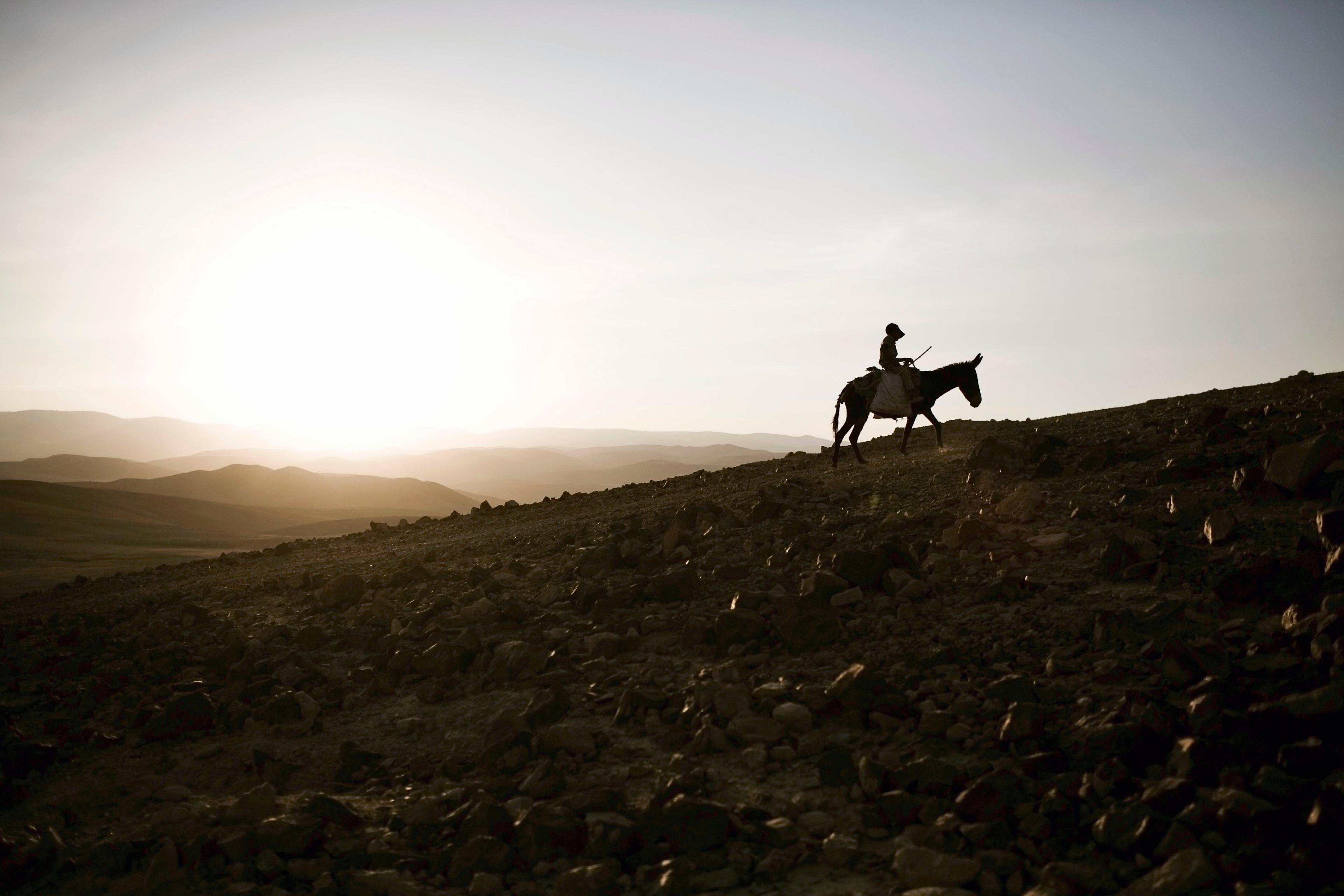
Meet the practising agnostic and the religious fictionalist: people for whom religion can work well without sure belief
by Philip Goff
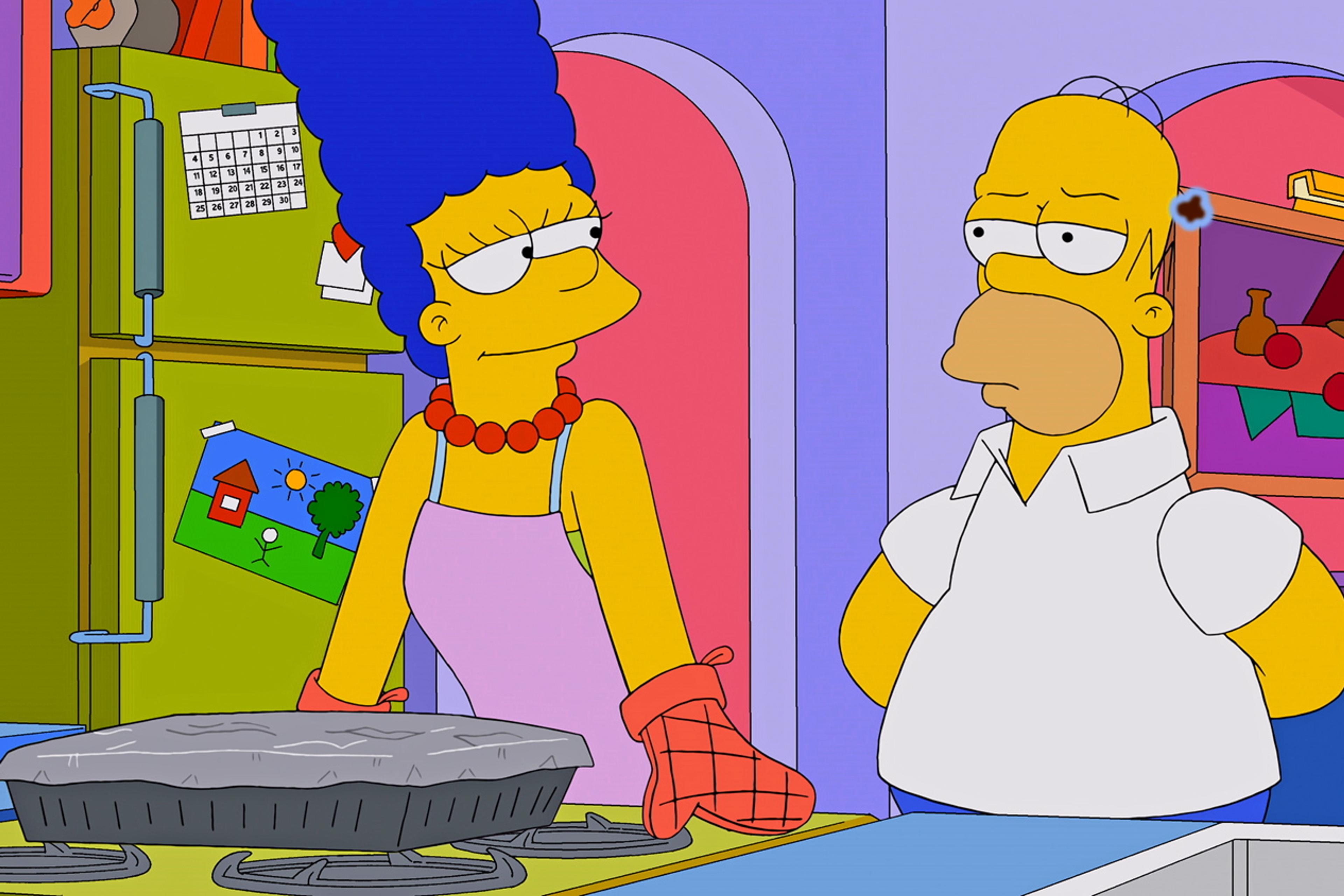
Metaethics is about the meaning of our moral concepts, which are so consequential for moral debates and behaviour
by Rachel Handley

Women have been witty and bawdy throughout history. It’s only recently that men haven’t been able to see their funny side
by Joy Wiltenburg
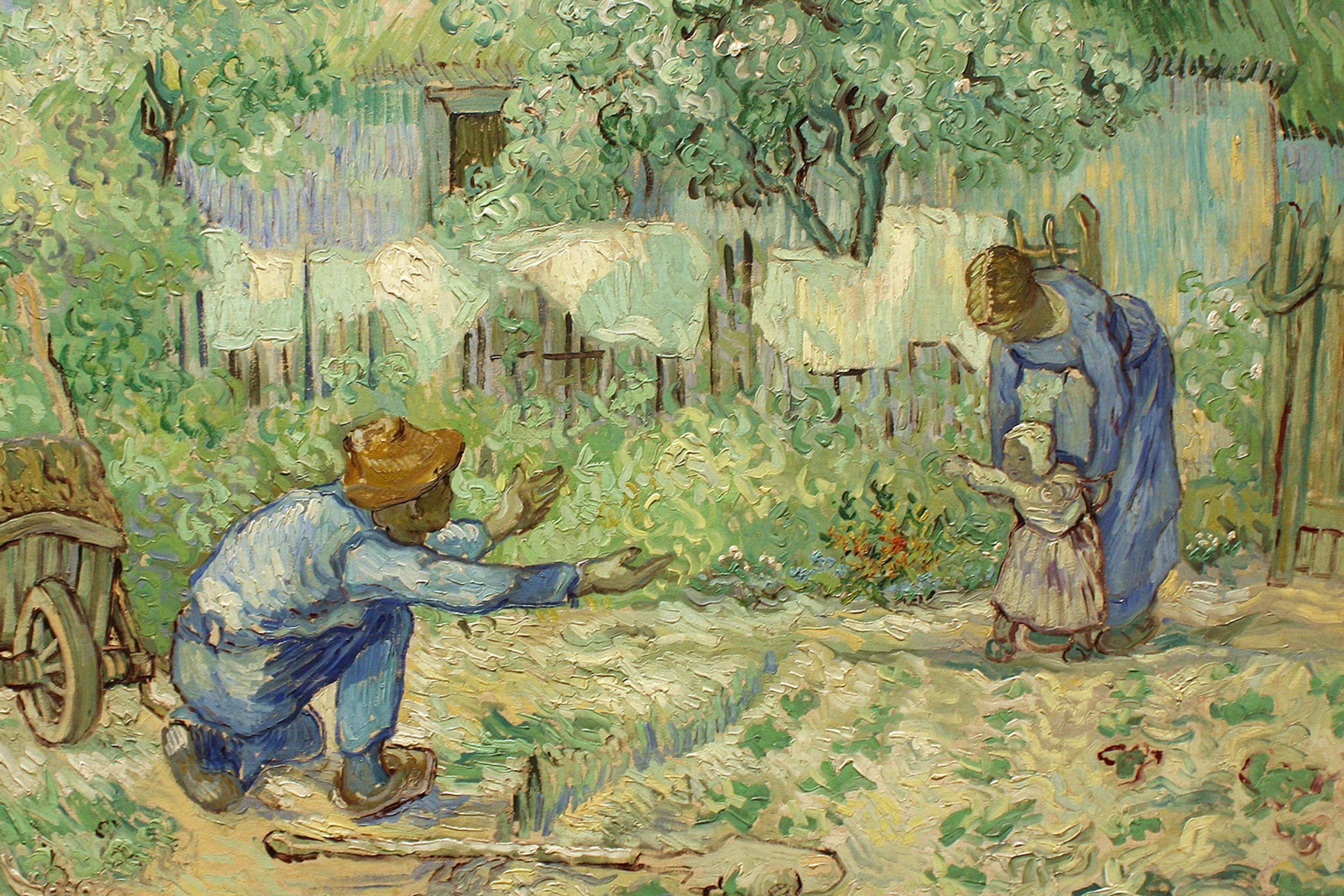
We’re often taught to live according to our values, but this is easier said than done without pausing to reflect deeply
by Valerie Tiberius
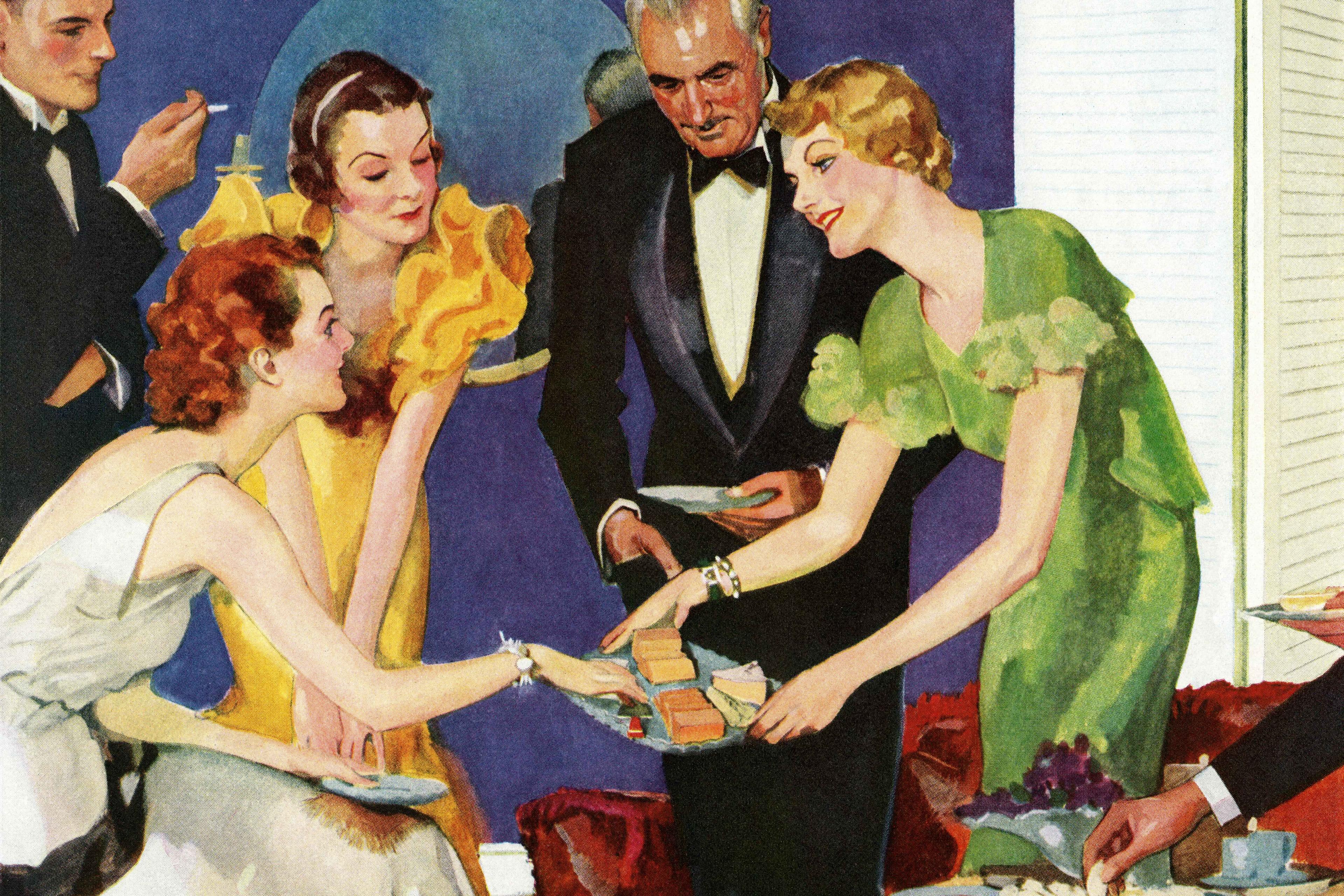
Even well-intentioned white lies can foster disconnection and distrust – openness and honesty really are the best policy
by Elena Svetieva & Leanne ten Brinke
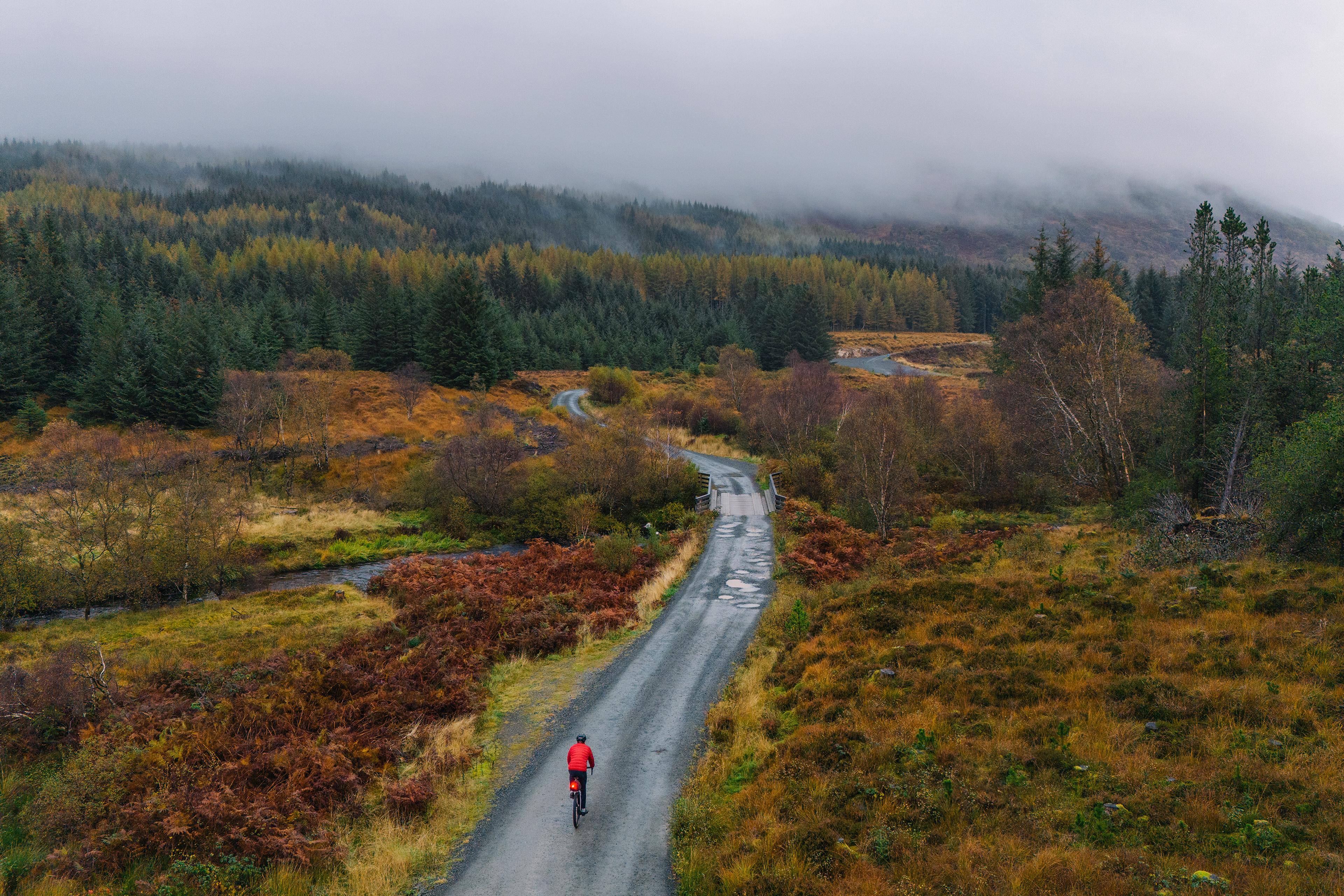
In my therapy office, I’ve found that to live with greater purpose, we must think differently about where it comes from
by Ross White
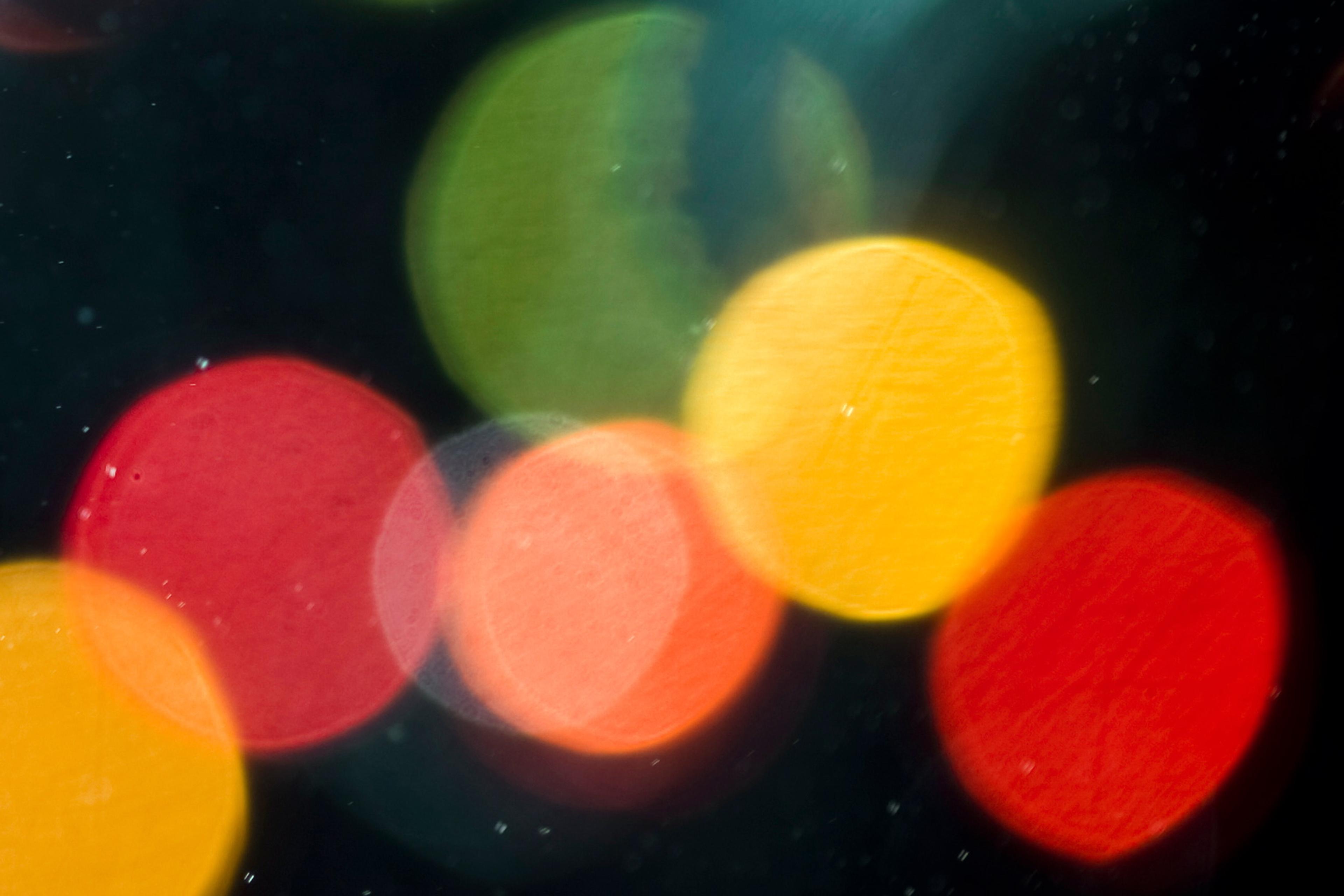
Seven basic moral elements could be the building blocks of morality, recombining as needed to form new moral molecules
by Oliver Scott Curry, Mark Alfano, Mark Brandt & Christine Pelican